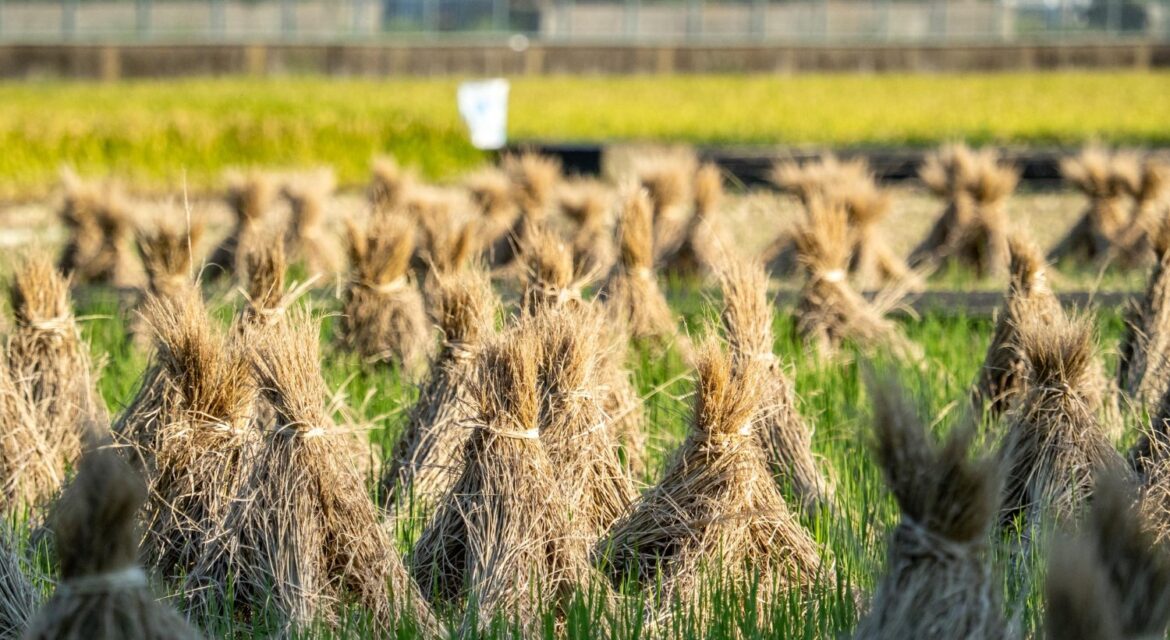 05 October 2024
05 October 2024Pakistan’s Basmati Rice: A Culinary Treasure with Global Demand
Pakistan’s basmati rice is celebrated worldwide for its unique aroma, long grains, and exceptional flavor, making it a prized ingredient in kitchens from South Asia to the Middle East, Europe, and beyond. Known for its quality, texture, and versatility, Pakistani basmati has established itself as a culinary treasure and an economic asset for the country. In this article, we explore what makes Pakistan’s basmati rice so special, its journey to global markets, and the challenges and opportunities facing this premium rice variety.
The Unique Qualities of Pakistani Basmati
Basmati rice, traditionally grown in the fertile fields of Punjab, is characterized by its slender, long grains and distinctive fragrance. When cooked, Pakistani basmati becomes fluffy, with grains that remain separate, making it ideal for dishes like biryani, pilaf, and other delicacies. Its aromatic appeal and soft texture are cherished by chefs and home cooks alike, contributing to its high demand in international markets. The quality of Pakistani basmati is rooted in the country’s specific climatic conditions, soil composition, and centuries-old farming techniques, which have been passed down through generations.
Global Demand and Export Market
As one of Pakistan’s most important export products, basmati rice contributes significantly to the country’s economy. Pakistan ranks as a top exporter of basmati rice, with the product reaching markets in the Middle East, Europe, North America, and other parts of the world. The demand for basmati is consistently high, as consumers seek out this premium rice for its taste and texture. Pakistan’s basmati rice is often preferred for its authentic qualities, which have helped it compete successfully against rice from other regions.
The European Union, for example, is a major importer of Pakistani basmati, with stringent standards that Pakistani exporters meet to maintain a competitive edge. Middle Eastern countries are also strong markets, as rice is a staple in many regional dishes and holds cultural significance. As a result, Pakistani basmati is a familiar and respected name in international culinary circles.
Challenges Facing Pakistani Basmati Rice
Despite its success, Pakistan’s basmati rice industry faces a variety of challenges. One of the primary issues is competition with India, another major exporter of basmati rice, particularly in terms of geographical indication (GI) status, which grants exclusive naming rights based on regional origin. Securing a recognized GI status for Pakistani basmati could further boost its reputation and market share globally.
Additionally, water scarcity, rising costs, and climate change impact rice production, with droughts and changing weather patterns posing risks to crop yields. Pakistan’s government and agricultural sector are working to address these issues through research and improved irrigation practices, as well as encouraging sustainable farming techniques to maintain the quality of basmati rice and safeguard its production for the future.
Innovations and Opportunities
To stay competitive in the global market, Pakistan’s rice industry is increasingly adopting innovations such as organic and eco-friendly farming practices, appealing to environmentally-conscious consumers worldwide. Efforts are also underway to enhance productivity and quality through better seed varieties and modernized processing facilities, ensuring the rice retains its trademark fragrance and quality.
The global shift toward healthy and natural foods presents an opportunity for Pakistan to market its basmati rice as a premium, nutritious option, appealing to consumers seeking both quality and health benefits. Expanding marketing efforts and establishing strong international branding can help Pakistani basmati further distinguish itself as a premier product in the global rice industry.
A Symbol of Pride and Tradition
Beyond its economic importance, basmati rice is a source of cultural pride for Pakistan, representing the country’s agricultural heritage and culinary excellence. It plays a central role in Pakistani cuisine, featured in traditional dishes served during family gatherings, celebrations, and festivals. For Pakistanis, basmati rice is more than just food—it’s a cherished part of their identity.






Kevin Martin
It has survived not only five centuries, but also the leap into electronic typesetting unchanged. It was popularised in the sheets containing lorem ipsum is simply free text. sint occaecat cupidatat non proident sunt in culpa qui officia deserunt mollit anim id est laborum. Vivaus sed delly molestie sapien.